 Photo by LinkedIn Sales Solutions on Unsplash
Photo by LinkedIn Sales Solutions on UnsplashYou're in a job interview and it seems to be going well!
The interviewer smiles and nods, and you sigh with relief.
Then you hear these words, "I was wondering, have you ever made a mistake that cost your company money?"
Your palms begin to sweat, and your heart races like a train on a track. You're wondering, what's the best way to respond?
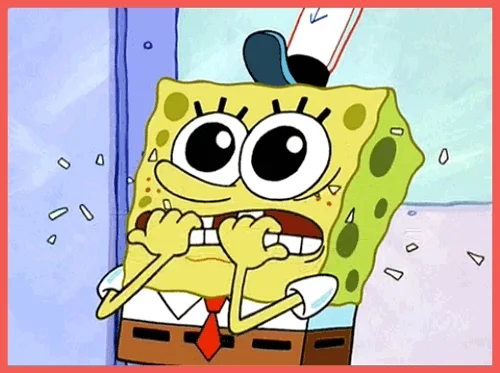
If you prepare the right answer to this question, you might land your dream job!
Be honest
A half truth is a whole lie.
-- Yiddish Proverb
Be transparent and honest.
Telling a lie is unethical.
Be polite, respectful, and confident.
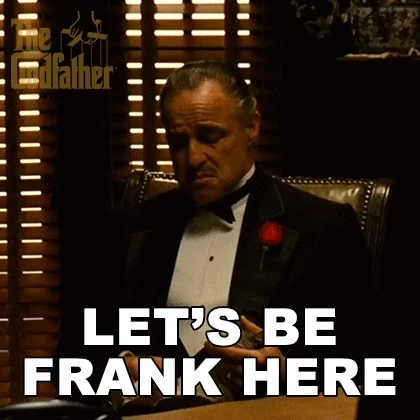
Choose your mistake
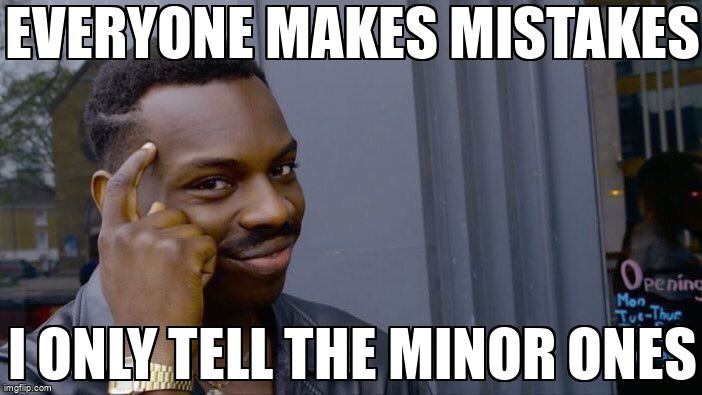
Ensure that the mistake is something that ended positively.
Choose a minor mistake over a major one if you can.
Avoid a mistake that shows a flaw in your character.
If you can't think of a mistake that was entirely your fault, you can answer with a situational mistake — one that happens because of external factors that aren't completely in your control.
While a situational mistake isn't entirely your fault, you're still responsible for correcting it if it happens on your watch. Here's an example of one:

Bob worked for a tech company. He was asked to prepare a proposal for their biggest investor, but a local power outage meant he couldn't finish the proposal in time. The investor decided to fund a proposal from a different company.
Quiz
Should Bob use this example to answer the question, "Have you ever made a mistake that cost your company money?"
Explain your mistake
Provide a brief yet detailed outline of what happened.
Avoid casting blame on others.
Bob responded to the interviewer's question:
That's a really good question. Yes, I made a mistake at my previous job, that cost my former employers money. I was given the task to prepare a proposal for our biggest investor.
While in preparation, there was an electricity outage in the area that lasted the entire night. Although I sought other avenues to complete the proposal, I was unable to do so, and the investor decided to take his funds elsewhere.
I took responsibility for this mistake, and I ensured my employers that I would do everything that I could to correct it.
To hear an audio version of this text, press the play button on the audio player below:
Note that Bob didn't cast blame on others, and he gave the interviewer a detailed outline of what happened.
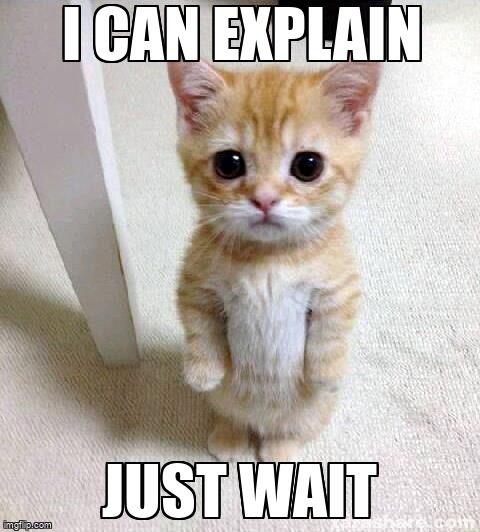
Outline your resolution
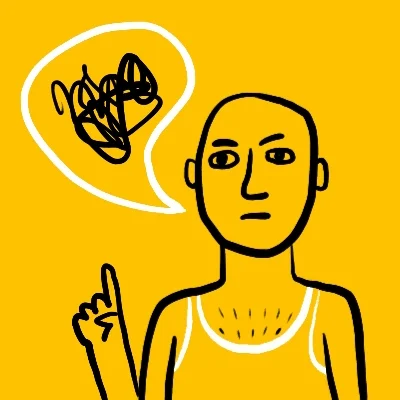
Take responsibility for the mistake.
Explain how you took action to correct the mistake.
Show the interviewer that you're a problem solver.
Keep in mind that an interviewer might not prompt you to explain the resolution, but you should provide information on the resolution that you took.
Bob's interviewer asked him what steps he took to resolve the issue. Here's what Bob said:
I immediately took action to correct my mistake. First, I wrote an official letter of apology to the investor, thanking him for his time and also expressing how sorry I was for the inconvenience. I assured him that we are not a company who does not follow through with our plans. We value our clients and place them as top priority.
I also stated that the error was mine and not that of the company. I asked the client if we could meet to discuss any further concerns that he had, and to address any loss or damages that he incurred.
To hear an audio version of this text, press the play button on the audio player below:
Share the positive outcome
Focus on the positive outcome.
Show the interviewer that you can handle difficult situations, even if you're at fault.
Emphasize that in the end, everything worked out.
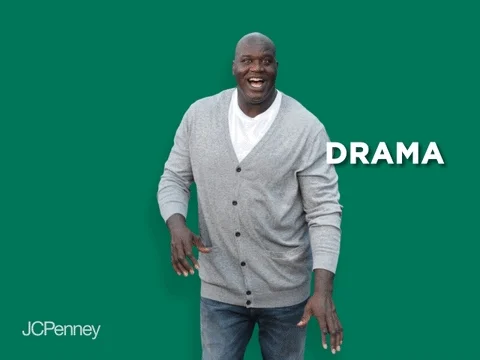
Quiz
How can Bob explain the positive outcomes of this situation in the interview? Select all that apply.
Emphasize what you learned
State what you learned from the mistake.
Assure the interviewer that you now know how to avoid the mistake happening again.
Explain how the experience has helped you to grow.
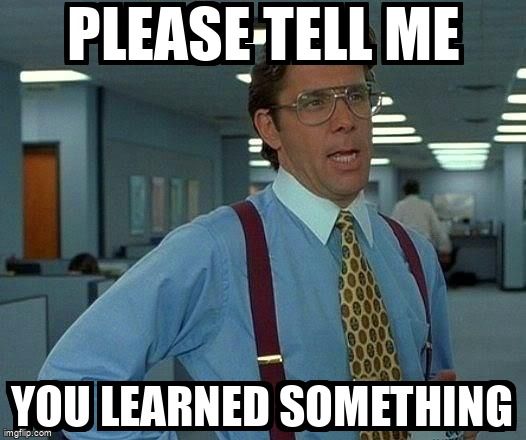
Bob concluded his response by telling the interviewer what he learned:
Although I am no longer with the company, I learned a valuable lesson from my mistake. I learned that preparing in advance is important.
If I had completed the proposal days or weeks before that night, I would have had the opportunity to complete the presentation. Also, there is a high chance that we would not have lost that client, and by extension, the investment.
I have already improved in this area by using an online organizer. This helps me to stay 'time-on-task' and also to prepare ahead of time. I have learned from my mistake. If I am hired by your company, I will do everything that I can to ensure that it never happens again.
To hear an audio version of this text, press the play button on the audio player below:
Note that Bob gave a believable response that clearly stated the lesson he learned and the improvements he made.
Take Action
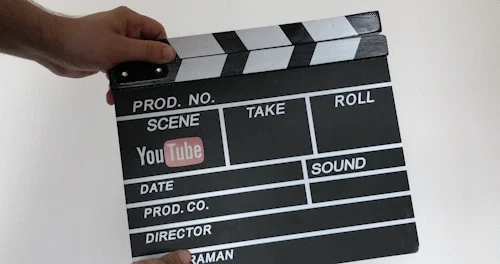
Now it's time to prepare for your interview!
Your feedback matters to us.
This Byte helped me better understand the topic.
